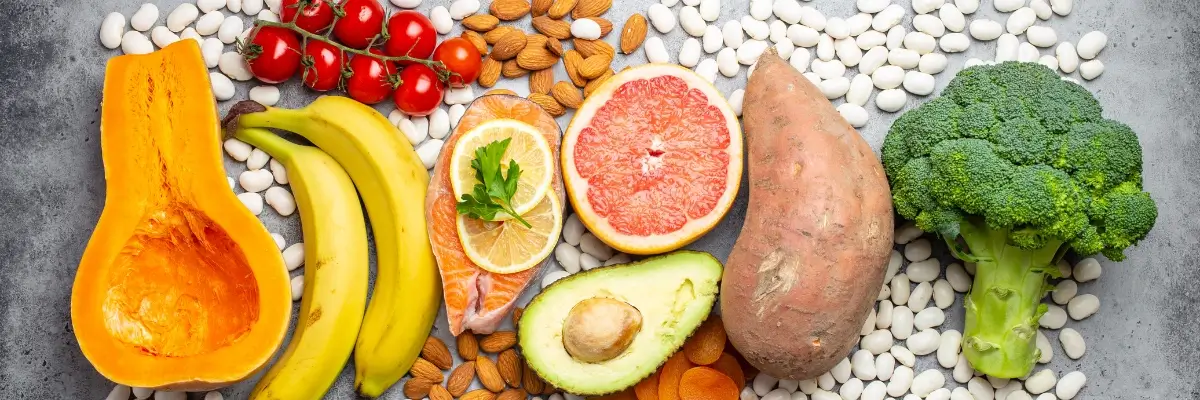Which Vitamin Deficiency Causes Hair Loss?
Hair loss can be a distressing experience, and understanding its root cause is crucial for effective treatment. One of the most common contributors is a deficiency in certain vitamins, which play vital roles in maintaining healthy hair growth. This article explores the key vitamin deficiencies linked to hair loss, their symptoms, and ways to address them.

Vitamin Deficiencies Linked to Hair Loss
1. Vitamin D
Vitamin D is essential for the creation of new hair follicles. A deficiency in vitamin D can lead to hair thinning or alopecia, a condition where hair falls out in patches. Many people in the UK are at risk due to limited sunlight exposure, especially during winter months.
Sources:
NHS – Vitamin D
2. Iron
Iron is crucial for producing hemoglobin, which helps deliver oxygen to hair follicles. A deficiency can result in telogen effluvium, a type of hair loss caused by increased hair shedding.
Sources:
NHS – Iron Deficiency
3. Biotin (Vitamin B7)
Biotin is a water-soluble vitamin that supports the production of keratin, a protein vital for hair health. A deficiency is rare but can lead to brittle hair and hair loss.
Sources:
NIH – Biotin
4. Vitamin B12
Vitamin B12 helps in red blood cell formation, which ensures oxygen delivery to hair follicles. Its deficiency can cause hair thinning and shedding, especially in vegans or vegetarians who may lack this nutrient.
Sources:
NHS – Vitamin B12
5. Vitamin E
Vitamin E acts as an antioxidant, helping to protect the scalp from oxidative stress. Its deficiency can weaken hair structure, leading to breakage and loss.
Sources:
NIH – Vitamin E
Symptoms of Vitamin Deficiency
- Thinning or brittle hair
- Hair falling out in clumps or patches
- Dry or flaky scalp
- Slow hair growth
Preventing and Treating Vitamin Deficiencies
1. Balanced Diet
Eating a varied diet rich in fruits, vegetables, lean proteins, and whole grains is the best way to prevent vitamin deficiencies. Foods such as eggs, fish, nuts, and leafy greens are excellent sources of hair-friendly nutrients.
2. Supplements
If dietary intake isn’t enough, supplements can help. For instance, the NHS recommends vitamin D supplements for most UK residents during the winter months. We also have the best